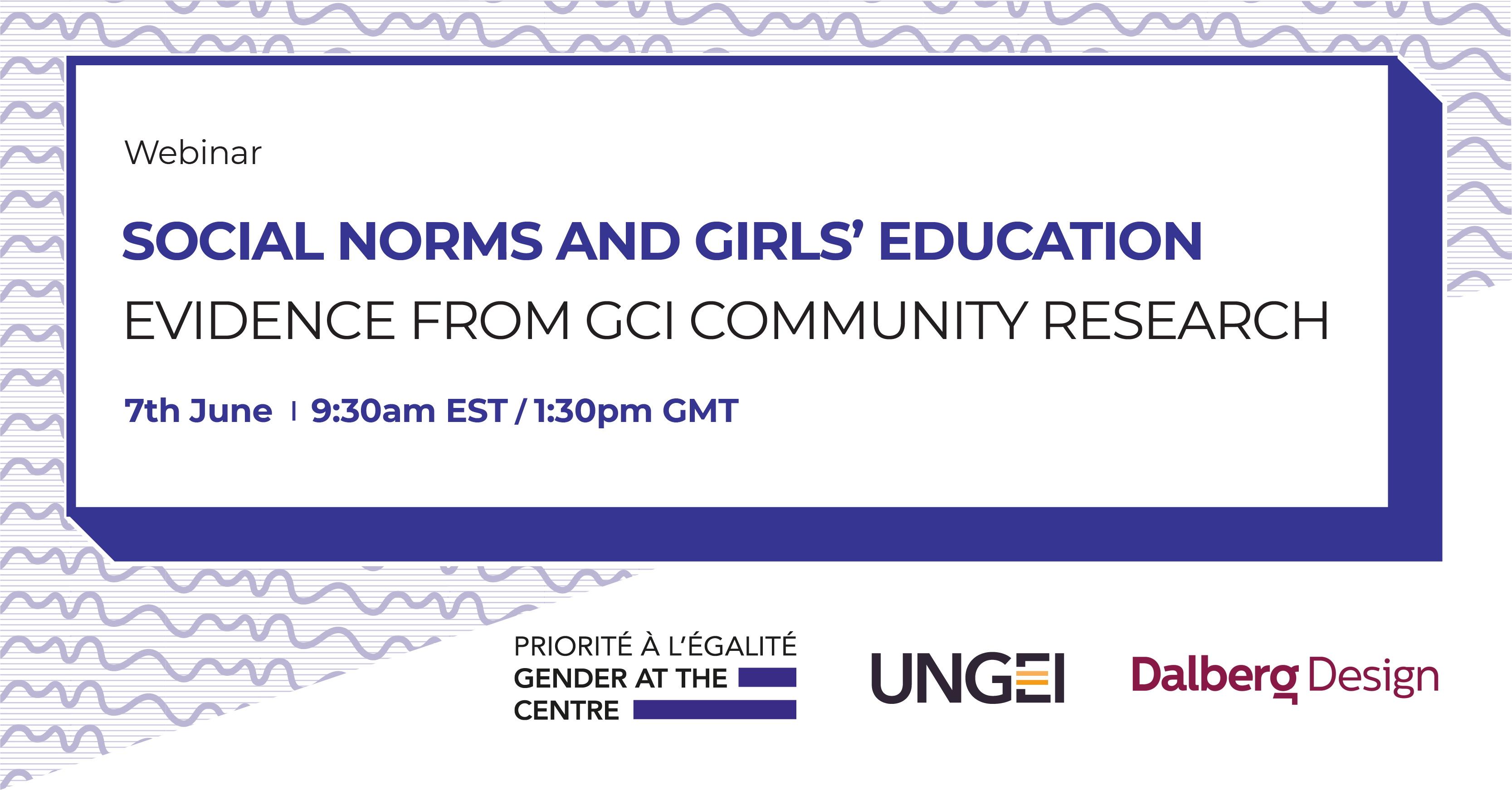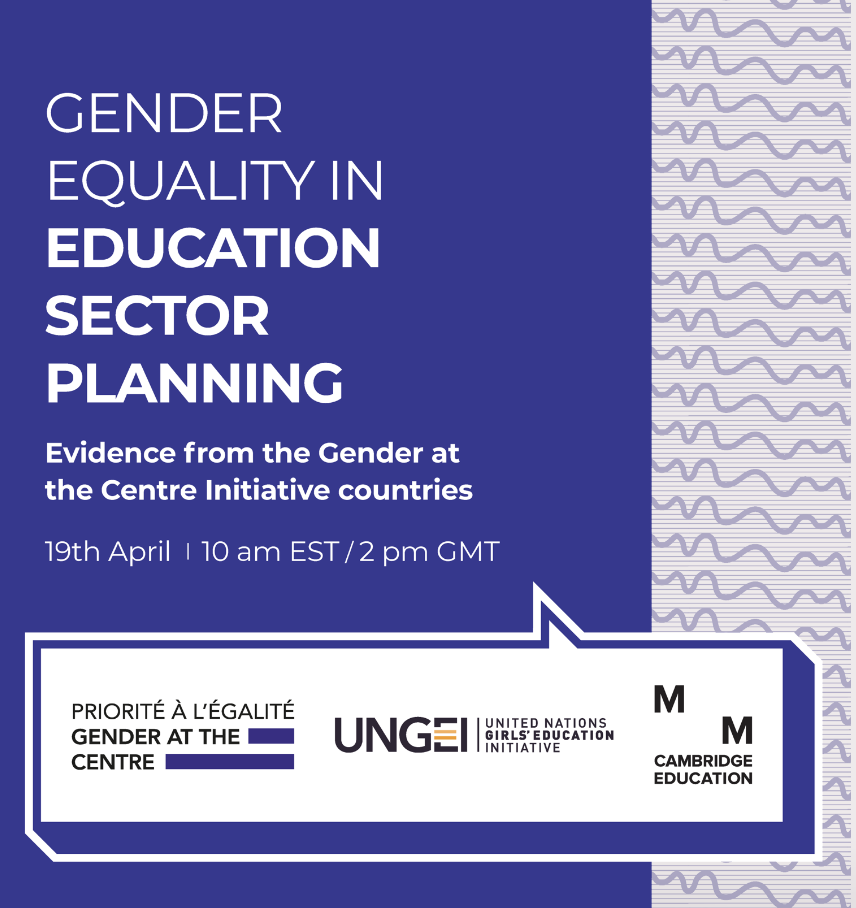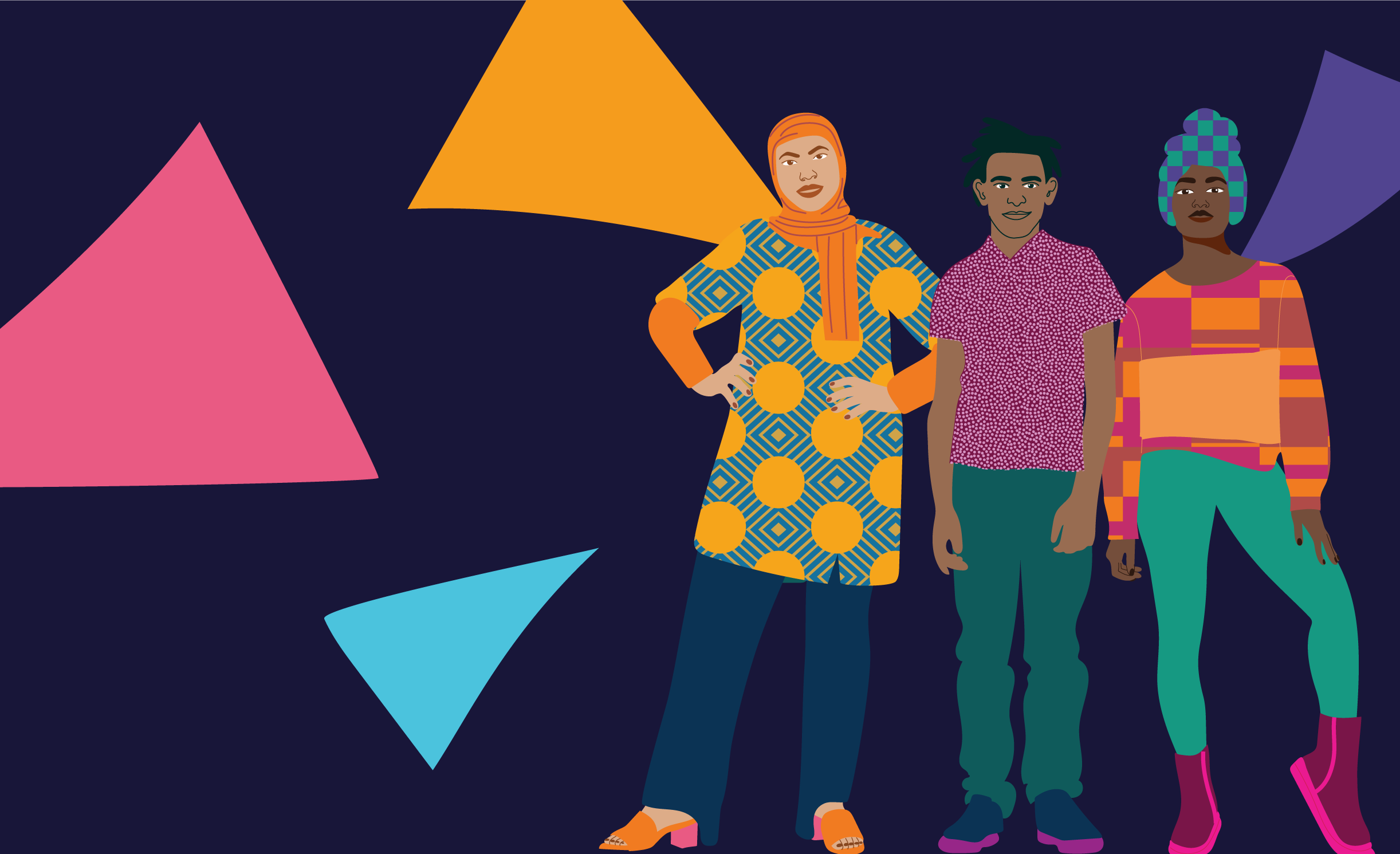Interview with Ely Aminetou Mint Mokhtar, Founding member of the Coalition of Mauritanian Organizations for Education (COMEDUC) and Chair of the Mauritanian Association of Women Heads of Household (AFCF).
I meet Ely on the rooftop terrace of a restaurant in Nouakchott, Mauritania. With the desert sand whirling around us and the sound of the muezzin in the background, Ely shows me that genuine passion and activism are not age-bound. At 65 she is one of Mauritania’s most dynamic and fierce women’s rights defenders. Her extraordinary journey tells a story of lifelong courage and commitment and is an inspiration for the younger generation.

Do you remember the moment when you first became aware of gender inequality in your country?
When I was 13 years old, I was coming home from school when I saw a demonstration of women workers in the street. They were working for an Arabic gum company and were demanding better working conditions. I saw how these women were brutalized by the police. Without hesitating I joined the demonstration. The police arrested me and took me to the police station. The commissioner, who was a family friend, advised me not to get involved in these kinds of things anymore. But I didn't listen. Since that day I have not stopped fighting for women's rights. I was the first minor in the Mauritanian Democratic Women's Association.
Where did your passion for equality and social justice come from?
I was always a rebellious child. I was the only child in my family. I didn't accept anyone telling me what to do. My family wanted to force-feed me [1], but I didn't accept it. I also stood up for others. I was born in a slave owners’ family [2]. We had slaves, but I never accepted to treat them as such. I considered them my family. I used to ask them all the time why they accepted this situation. My parents beat me for it.
What did your family think about your social commitment?
My family always opposed my fight for women's rights. They thought that a girl should only focus on her marriage. Because of my commitment, I was beaten a lot. I was arrested and imprisoned several times. My father used to put chains on me to prevent me from going out. But I put bandages on the chains, and I went out anyway to participate in the demonstrations.
Did your parents allow you to continue school?
No, my parents gave me away to marry when I was 13 years old. They organized a big party. I was at home, surrounded by many people. I didn't know it was my wedding party until someone told me. At that point I got so angry, I took a hose and got everyone wet! The marriage was not a success. I had a child at the age of 14. I didn't know how to take care of a baby. My parents took the child. I continued to be involved in the social movement. The police came to the house all the time and I was in jail all the time. My husband couldn't stand it. At the age of 16 I got a divorce. After a second marriage and a second divorce I decided to never get married again and to dedicate myself fully to the cause for gender equality. I married my social commitment.
What motivates you to fight for gender equality?
I believe that all human beings are equal. We must fight for this equality. It does not come on a golden platter. Rights are fought for, and everything must be done to achieve them. Especially in a young country like Mauritania where there are still many inequalities and racism. In our country, women are reduced to objects of pleasure for men. How many times have people said to me: "Why do you work? Why do you want to go to school? Stay at home and take care of your children.” As if life is only about the house and the children.
Why are you committed to girls' education?
Education is extremely important to empower girls. When you are educated, you know your rights and you can claim them. Education is the key to any social change.
What needs to be done to make the education system more egalitarian in Mauritania?
First of all, the school curriculum must be changed. Through the current curriculum, the state is institutionalizing discrimination against women. School textbooks are full of gender stereotypes. These stereotypes must be removed, and modules on human rights and sexuality education must be inserted. We also need to combat gender-based violence, which is pervasive in Mauritania. And finally, we need to recruit more female teachers so that girls have role models and persons of trust in school.
What is your advice for young activists today?
We need a new generation of young activists who respect themselves and are aware of what they want. We have already made a lot of progress. Today we have youth with more integrity, who care more about the voiceless. My advice to the youth today is to listen to these marginalized people and defend their rights. Throw away what is bad from the experience of your elders and keep what is good.



 English
English العربية
العربية Български
Български Hrvatski
Hrvatski Čeština
Čeština Dansk
Dansk Nederlands
Nederlands Suomi
Suomi Français
Français Deutsch
Deutsch Ελληνικά
Ελληνικά हिन्दी
हिन्दी Italiano
Italiano Română
Română Русский
Русский Español
Español Maltese
Maltese Zulu
Zulu አማርኛ
አማርኛ